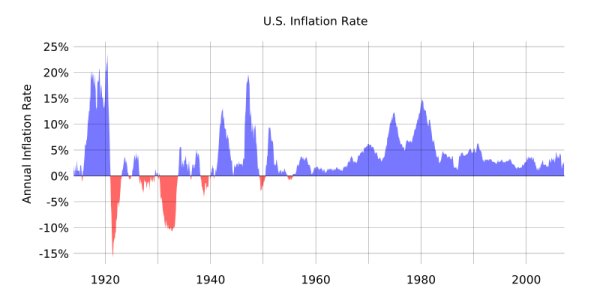The only periods in time energy prices became really volatile were in 1974/75oil embargo (quick and short duration) follow by 12% inflation, and 1980/81. follow by deregulation and again inflation. Since that time energy as a commodity has dropped except 1998/2000 Enron and 2006,7,8 OPEC. In the early 1990s we had some of the lowest normalized energy rates in our history and the economy took off. This time things were very different, the FEDs introduced extranalities into the economy, lowering interest rates to compensate and to thwart inflation. Priming the engine with massive stimulus money/projects.
The result of volatile enegy was an implosion and a contraction of the economy and everything lost value. That started an economic collapse and downward spiral --business cut jobs, production of non-essential products ceased, housing dropped, car industry slumped, people on the margin failed to pay their loans, credit cards, utilities, and foreclosures occurred. The banks and credit card companies became the bad guys. But, they were a symptom! And it will happen again if energy continues to move at a rate greater than the inflation rate. In November oil was $77 and now it is 95. How can that be? A 20% increase. Has oil demand risen by 20 percent?











Bookmarks